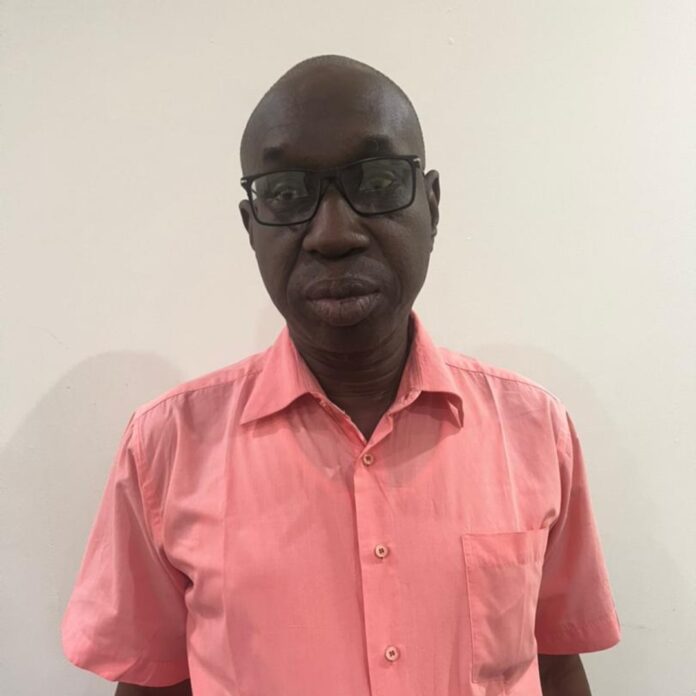By Alieu Jallow
Ballo Saidykhan, a corporal in the Gambia National Army assigned to the 2nd Infantry Battalion in Farafenni, was among the group of soldiers who were arrested, tortured, and detained following the alleged coup in November 1994.
As the memory of the November 11, 1994, tragedy continues to haunt the victims and survivors, Ballo Saidykhan spoke with The Fatu Network about his ongoing struggle for justice and the impact of unemployment on his life.
Despite nearly three decades since that day, Ballo faces significant challenges, sharing his heartbreaking experience of being jobless for over thirty years.
“I have been jobless for the past 30 years. I was arrested, tortured and detained for more than eight months and released after the Court Martial found no evidence against me, but [I] was subjected to frequent arrests and interrogations and later was forced to relocate back to my hometown in Jarra Kanni Kunda. Since then, [from] 1994 to date, I [have] not [been] employed,” he said.
Ballo expressed frustration that despite submitting several applications, whenever one reaches a desk and he walks through the door, a shadow from his past seems to follow him.
“During Yahya Jammeh’s era, anytime I apply for a job, if my name appears, I am rejected immediately. It seems that my name was circulated everywhere.
“In 2003, I secured a job at the APRC General Hospital in Farafenni as a chief security officer and in 2004 when Yahya Jammeh was on his nationwide tour, as he was shaking hands with people when he got to me, he asked the officials what I was doing there only to be told that I am the chief security. He told them this guy was UDP and an opposition, and then I was forced to resign. Since then, I have been without a job,” he said.
Mr. Saidykhan expressed frustration with the reparation process, noting that the 1% allocated to them serves only as a delaying tactic and does not fully implement the recommendations made by the Truth, Reconciliation, and Reparations Commission.
He urged the government to address the plight of those who have survived the trauma of dictatorship, including men in uniform who were unlawfully arrested, tortured, detained, sentenced, dismissed from their jobs, and barred from the system.




